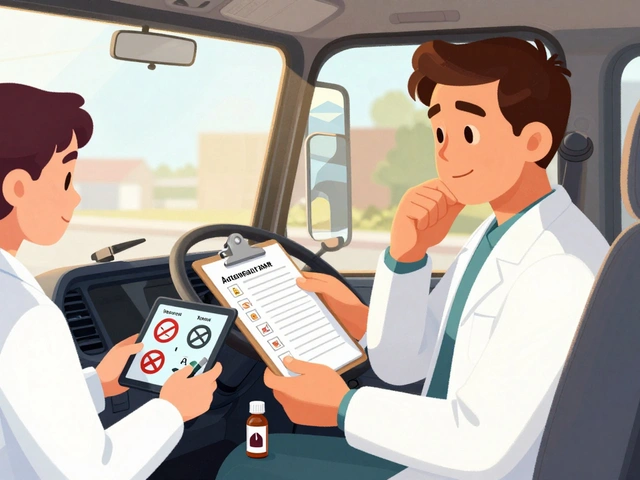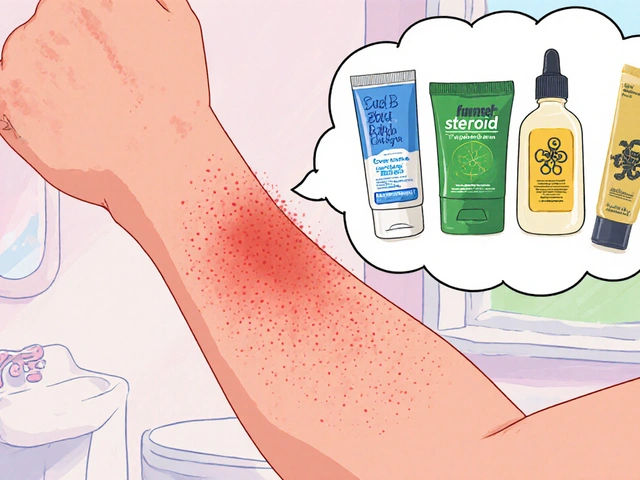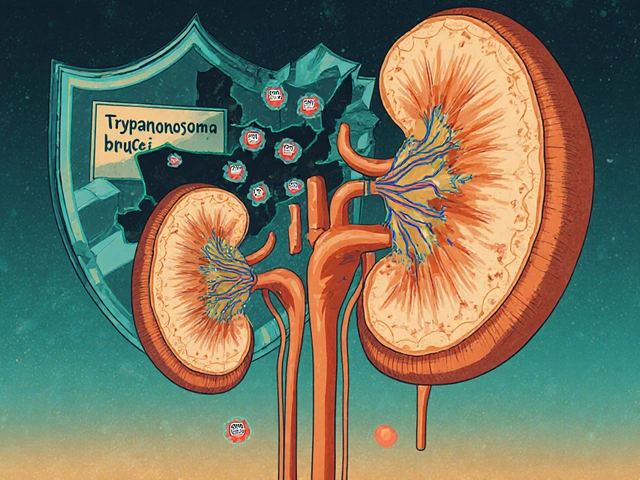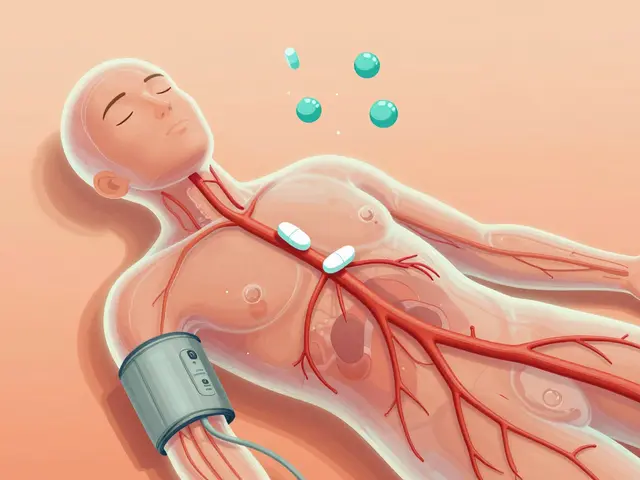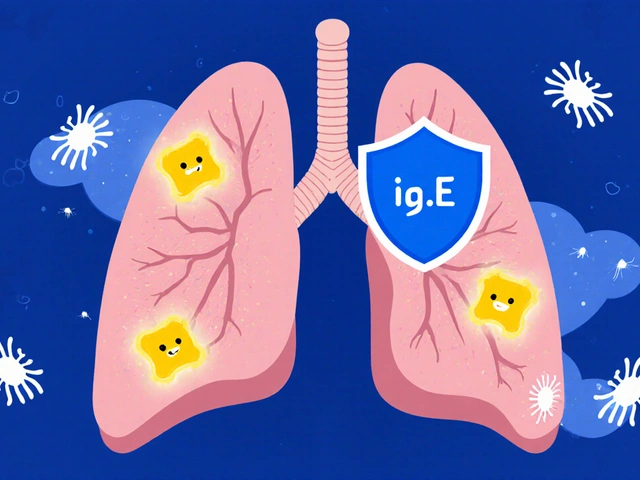Prevent Bloating: Simple Ways to Keep Your Belly Flat
If your stomach feels puffy after meals, you’re not alone. Bloating can make you feel sluggish, uncomfortable, and even self‑conscious. The good news? Most of the time you can stop it with a few everyday changes. Below are the tricks that work for most people without any fancy gadgets or pricey supplements.
Watch What You Eat
The first place to look is your plate. Certain foods are notorious for trapping gas, especially beans, cabbage, onions, and carbonated drinks. You don’t have to ditch them completely—just watch portions and pair them with easier‑to‑digest foods. For example, mix a small handful of beans into a large salad instead of loading a bowl full of them.
Chewing is another hidden factor. When you rush through a meal, you swallow extra air, which adds up in your gut. Aim to put your fork down between bites and chew each mouthful at least 15 times. It sounds odd, but slowing down gives your stomach a chance to start breaking down food properly.
Move and Hydrate
Gentle movement after eating can keep things moving through your intestines. A 10‑minute walk, a light stretch, or even a few yoga poses are enough to prevent food from sitting too long. If you’re stuck at a desk, stand up and march in place for a minute every hour.
Water is the silent hero of digestion. Aim for about eight glasses a day, and sip throughout meals instead of gulping. Warm water or herbal teas like ginger or peppermint can relax the gut muscles and reduce gas buildup.
Stress and sleep also play a role. When you’re stressed, your body releases hormones that slow digestion, leading to a bloated feeling. Try a quick breathing exercise or a five‑minute meditation before bed. Getting 7‑8 hours of sleep each night helps keep your digestive rhythm on track.
Here’s a quick daily checklist to keep bloating at bay:
- Start the day with a glass of warm water.
- Eat a balanced breakfast with protein and fiber.
- Limit carbonated drinks and chew food slowly.
- Take a short walk after lunch.
- Choose low‑FODMAP snacks if you’re sensitive to beans or onions.
- End the day with a calming herbal tea.
Stick to these habits for a week and you’ll notice less puffiness, more energy, and a calmer stomach. Bloating doesn’t have to control your life—simple tweaks can make a big difference.
Sodium and Fluid Retention: How Salt Affects Your Body and Ways to Prevent Bloating
Discover the real connection between sodium and water retention, hidden salt in your food, daily thresholds, and practical tips for avoiding and recovering from salt-induced bloating.
View More
